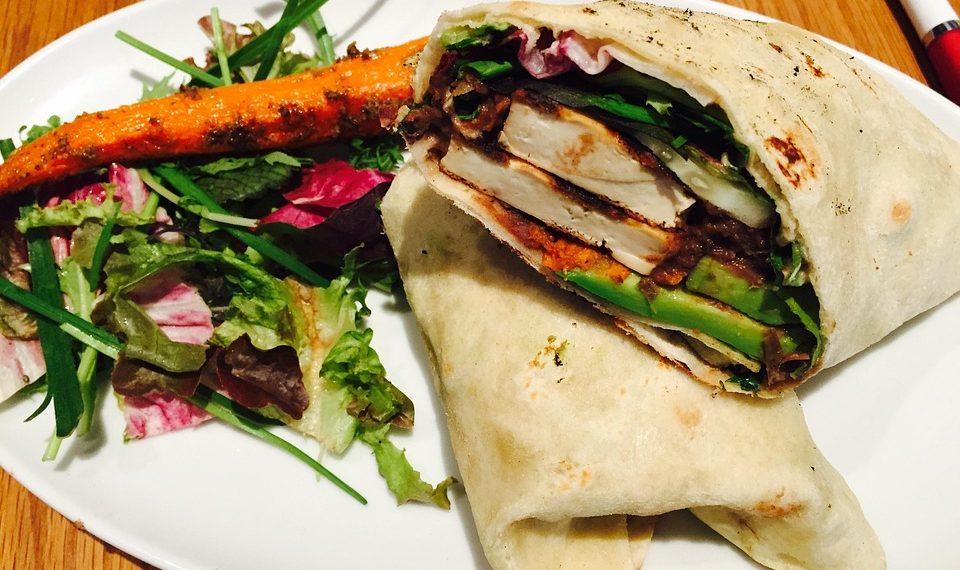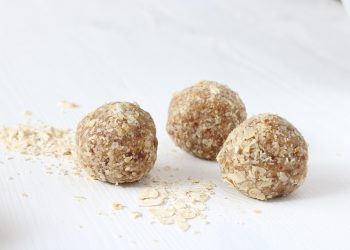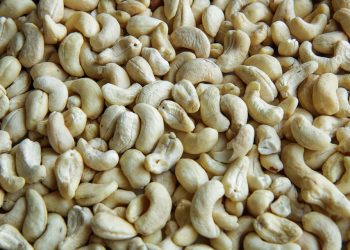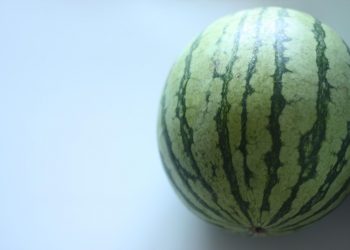Natural diet plans can be the key to unlocking a healthier, happier you. If you’re feeling sluggish, bloated, or just not quite yourself, it’s time to take a closer look at what you’re putting into your body. These diet plans aren’t just fads; they’re sustainable ways to nourish your body and mind, harnessing the power of whole foods and nature’s best offerings. Let’s dive into seven compelling natural diet plans that can transform your health today.
Contents
What Are Natural Diet Plans?
Natural diet plans emphasize whole, unprocessed foods that nourish your body. They focus on ingredients that are as close to their natural state as possible. This matters because the quality of what you eat directly affects your energy levels, mood, and overall wellness. By choosing natural ingredients, you’re not just feeding your body; you’re fueling it with nutrients that promote vitality and longevity.
Why Choose Natural Diet Plans?
- Improved Energy Levels: Feel more vibrant and ready to tackle your day.
- Better Digestion: Whole foods often lead to decreased bloating and digestive discomfort.
- Weight Management: Natural foods are typically lower in empty calories, making it easier to maintain a healthy weight.
- Enhanced Mood: Nutrient-rich foods can significantly boost mental clarity and emotional resilience.
Ready to transform your health? Let’s explore seven natural diet plans that can reshape your life.
1. The Mediterranean Diet
What It Is
The Mediterranean diet is inspired by the eating habits of countries bordering the Mediterranean Sea. Think fresh veggies, fruits, whole grains, nuts, seeds, and healthy fats, like olive oil.
Why It Works
- Heart Health: Rich in omega-3 fatty acids, this diet supports cardiovascular health.
- Anti-Inflammatory: Many of the foods are anti-inflammatory, which can help reduce chronic disease risk.
- Satisfaction: With a variety of flavors and textures, you’ll never feel deprived.
How to Get Started
- Fill Your Plate: Start with a base of leafy greens, add colorful veggies, and top with grilled fish or legumes.
- Snack Smart: Choose nuts or Greek yogurt over processed snacks.
- Flavor with Herbs: Use fresh herbs and spices instead of salt for flavor.
For more on the Mediterranean diet, check out Harvard Health.
2. Plant-Based Diet
What It Is
A plant-based diet focuses primarily on foods derived from plants. This includes fruits, vegetables, nuts, seeds, oils, whole grains, legumes, and beans.
Benefits
- Nutrient Density: Packed with vitamins, minerals, and antioxidants.
- Weight Control: Generally lower in calories and fat.
- Sustainability: Healthier for the planet as well as your body.
Getting Started
- Start Slow: Incorporate more plant-based meals into your week.
- Explore New Recipes: Try out meatless dishes that highlight legumes and grains.
- Read Labels: Avoid processed plant-based foods high in sugar and additives.
For in-depth insights, visit The American Heart Association.
3. The Paleo Diet
What It Is
The Paleo diet is based on the idea of eating like our ancestors—focusing on whole foods that could be hunted or gathered. Think lean meats, fish, fruits, vegetables, nuts, and seeds.
Why You’ll Love It
- Simple Choices: Eliminate processed foods and sugars.
- High Protein: Helps keep you full and satisfied.
- Balanced Blood Sugar: Reduced sugar intake leads to more stable energy levels.
How to Embrace It
- Stock Your Kitchen: Fill it with fresh meats, fish, and produce.
- Plan Your Meals: Create a weekly menu to avoid reaching for unhealthy snacks.
- Experiment: Try new cuts of meat or exotic vegetables.
Learn more about the Paleo lifestyle from The Paleo Diet.
4. Whole30
What It Is
Whole30 is a 30-day program that eliminates sugar, alcohol, grains, legumes, soy, and dairy to help you reset your eating habits.
Benefits
- Quick Reset: Helps you identify food sensitivities.
- Mindful Eating: Encourages you to be aware of what you consume.
- Health Improvement: Many participants report increased energy and better digestion.
Getting Started
- Commit: Mark your calendar for a 30-day challenge.
- Meal Prep: Prepare meals in advance to avoid temptation.
- Read Labels: Be vigilant about hidden sugars and additives.
For more about Whole30, check out their official site Whole30.
5. Flexitarian Diet
What It Is
The Flexitarian diet is a flexible vegetarian approach that allows for occasional meat and fish. It emphasizes whole foods, with a focus on plant-based meals.
Why It’s Effective
- Flexibility: You don’t have to give up meat entirely.
- Nutritional Balance: Combines the benefits of plant-based eating with lean protein.
- Sustainable: Easier to stick with long-term.
How to Start
- Add More Veggies: Aim for at least one plant-based meal per day.
- Choose Quality: When you do eat meat, opt for sustainably sourced options.
- Experiment with Meat Alternatives: Try tofu, tempeh, or legumes.
For further details, you can visit The Vegetarian Resource Group.
6. Ketogenic Diet
What It Is
The ketogenic diet is a high-fat, low-carb diet that aims to induce ketosis, a metabolic state where your body burns fat for fuel.
Reasons It Works
- Rapid Weight Loss: Many find success with initial weight reduction.
- Reduced Cravings: Fat and protein can keep you fuller longer.
- Improved Focus: Some report enhanced mental clarity on a ketogenic diet.
How to Implement
- Track Your Macros: Keep an eye on your carbohydrate intake.
- Focus on Healthy Fats: Avocados, olive oil, and nuts should be staples.
- Plan Ahead: Prepare meals to stay on track and avoid carb-laden options.
Get more insights on the ketogenic diet from The Charlie Foundation.
7. Intermittent Fasting
What It Is
Intermittent fasting isn’t a diet in the traditional sense; it’s an eating pattern that cycles between periods of eating and fasting.
Benefits
- Weight Loss: Helps regulate insulin levels, promoting fat burning.
- Cellular Repair: Fasting allows your body time to repair and rejuvenate.
- Cognitive Benefits: Some studies suggest improved brain function.
How to Start
- Choose Your Window: Common patterns include 16/8 (fast for 16 hours, eat for 8).
- Stay Hydrated: Drink plenty of water during fasting periods.
- Be Mindful: Pay attention to how your body responds.
For a deep dive into intermittent fasting, visit Johns Hopkins Medicine.
Bottom Line
Transforming your health starts with the choices you make every day. These natural diet plans offer a variety of options tailored to fit your lifestyle, preferences, and nutritional needs. Whether you’re leaning toward plant-based eating or considering the ketogenic approach, remember that small, consistent changes can lead to powerful results.
Take that first step today. Your body and mind will thank you for it. Embrace these natural diet plans and discover a healthier, more vibrant you!
FAQ
What is the best natural diet plan for weight loss?
The Mediterranean and Plant-Based diets are often highly recommended for sustainable weight loss.
Can I mix different diet plans?
Absolutely! Many people find success by combining elements from different diets to suit their needs.
How do I know which diet is right for me?
Listen to your body and consider what foods make you feel best. Consulting a healthcare professional can also provide guidance tailored to your specific health needs.
Get Your FREE Natural Health Guide!
Subscribe now and receive our exclusive ebook packed with natural health tips, practical wellness advice, and easy lifestyle changes — delivered straight to your inbox.















